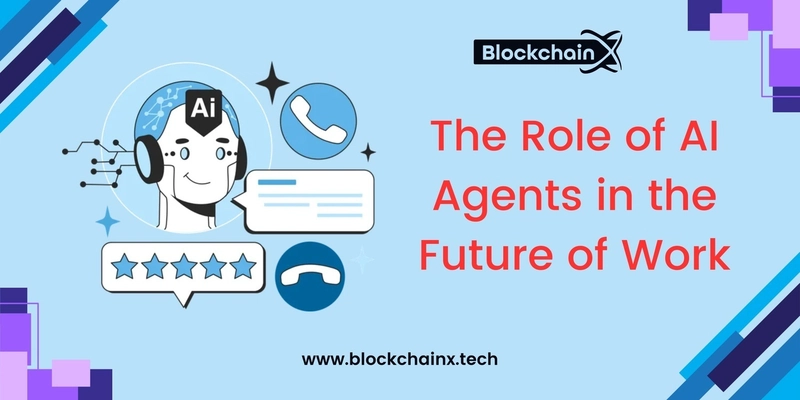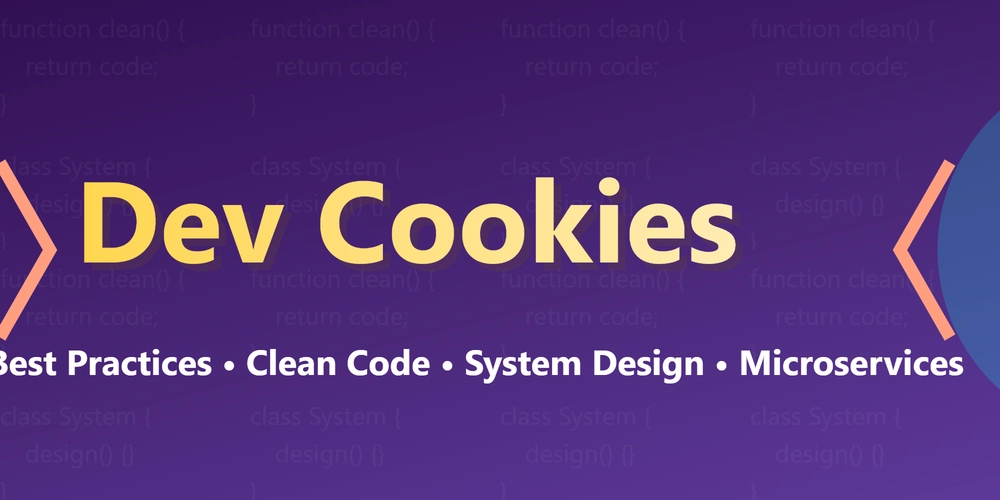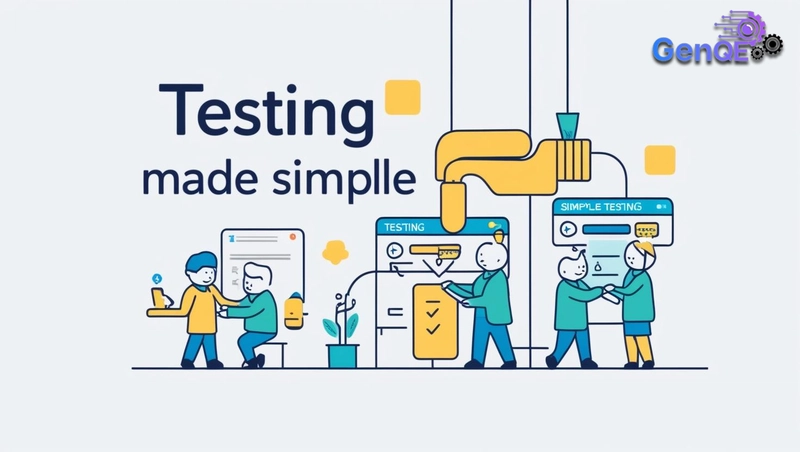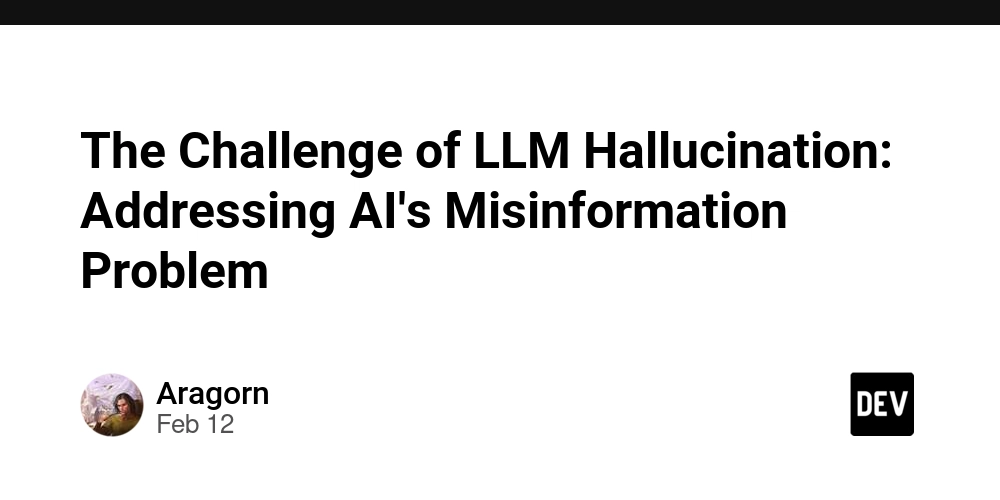The Role of AI Agents in the Future of Work
AI agents do represent the next generation of the human workforce. Businesses are harnessing AI and automation for productivity, operational efficiency, and improved decision-making. In the front line of promoting this transformation is the company that provides AI Agent Development Solutions, equipped with advanced tools and services that fundamentally change the rules of industries. Wherever from customer service chatbots to predictive analytics tools, these are instances of AI agents redefining the execution of work to breathe efficiency into businesses. Large-scale data processing, pattern recognition, and predictive analysis are all part of the capabilities of AI solutions, freeing the business to concentrate on more strategic pursuits. As AI becomes more and more intelligent, it will present increasingly intelligent and context-aware solutions that will embed in business context and everyday workflows. Transforming Customer Interactions Customer service is one of the important domains that AI agents penetrate into with a magnitude of effects. They support the customers in real time through AI-enabled chatbots and virtual assistants in solving their queries without human intervention. Such AI tools offer all-round clock availability, personalized replies, and greater satisfaction for the customer. The sophistication of such agents is expected to be a lot higher in years to come as the AI technology improves and they will even be able to handle quite complex requests that require better natural language understanding. AI agents can also be plugged into the CRM systems to give customized responses to customers based on their needs and predict requirements for higher engagement and brand loyalty. Besides, this AI-powered tool allows researchers or private companies to understand customer emotions towards certain products or services and, thus, respond accordingly in a more human-like, feeling-based approach. An AI agent can very well analyze the previously recorded interactions to suggest proactive answers among other solutions that might not take long when the customer holds the line. Driving Data-Driven Decision Making Artificial Intelligence agents contribute huge volumes of data processing for actionable insight by businesses. Such AI analytic tools are used by businesses to predict market trends, design optimal supply chains, and make informed strategic decisions. Incorporating AI technology into decision-making processes can improve operational efficiency, minimize the risk, and sustain the competitive advantage of companies in their industries. AI-imbued analytic processes have detected real-time patterns and anomalies, which help organizations respond proactively to market changes and operational challenges. Further, machine-learning algorithms improve predictions over time, making decisions data-driven, more accurate, and valuable. Agility in scaling and speedily processing data will be critical success factors in business in coming times. AI systems can also produce comprehensive reports and visualizations, so complex data will be even more available to business leaders and thus better strategic orientation and operational referent. The Evolution of Workplace Collaboration AI agents not only automate tasks but also can improve collaboration in organizations. AI-enabled project management applications, intelligent scheduling assistants, and virtual team coordinators create the basis for employees' work organization and alignment with business objectives. These agents have a role in seamless communications, task prioritization, and completing projects no matter how remote teams work. AI-based systems augment collaboration by standing alongside existing workplace tools, giving real-time advice and insight on how to further develop the team's productivity. AI scans employee work patterns and suggests optimized workflows with the aim of ensuring that the team works smarter and not harder. Becoming more common in hybrid and remote work settings, AI agents will be part of the future landscape for keeping employees connected and effective with whole teams that are dispersed. AI can potentially increase the level of engagement with employees in performance analytics to develop a more caring, supportive environment for organizations and higher satisfaction among employees with what they do. This ultimately contributes toward reducing the loss of human resources in workplaces. AI Agents in Human Resource Management Artificial Intelligence makes changes in human resource management, and it introduces its implementations into methods that ease hiring, employee engagement, as well as performance evaluations. Machines can perform scanning resumes, recruitment assessment tests, job matching for qualified candidates, and so on, making it faster as well as more efficient hiring. This tool can also be used through analytics by HR for metrics such as employee satisf

AI agents do represent the next generation of the human workforce. Businesses are harnessing AI and automation for productivity, operational efficiency, and improved decision-making. In the front line of promoting this transformation is the company that provides AI Agent Development Solutions, equipped with advanced tools and services that fundamentally change the rules of industries. Wherever from customer service chatbots to predictive analytics tools, these are instances of AI agents redefining the execution of work to breathe efficiency into businesses. Large-scale data processing, pattern recognition, and predictive analysis are all part of the capabilities of AI solutions, freeing the business to concentrate on more strategic pursuits. As AI becomes more and more intelligent, it will present increasingly intelligent and context-aware solutions that will embed in business context and everyday workflows.
Transforming Customer Interactions
Customer service is one of the important domains that AI agents penetrate into with a magnitude of effects. They support the customers in real time through AI-enabled chatbots and virtual assistants in solving their queries without human intervention. Such AI tools offer all-round clock availability, personalized replies, and greater satisfaction for the customer. The sophistication of such agents is expected to be a lot higher in years to come as the AI technology improves and they will even be able to handle quite complex requests that require better natural language understanding. AI agents can also be plugged into the CRM systems to give customized responses to customers based on their needs and predict requirements for higher engagement and brand loyalty. Besides, this AI-powered tool allows researchers or private companies to understand customer emotions towards certain products or services and, thus, respond accordingly in a more human-like, feeling-based approach. An AI agent can very well analyze the previously recorded interactions to suggest proactive answers among other solutions that might not take long when the customer holds the line.
Driving Data-Driven Decision Making
Artificial Intelligence agents contribute huge volumes of data processing for actionable insight by businesses. Such AI analytic tools are used by businesses to predict market trends, design optimal supply chains, and make informed strategic decisions. Incorporating AI technology into decision-making processes can improve operational efficiency, minimize the risk, and sustain the competitive advantage of companies in their industries. AI-imbued analytic processes have detected real-time patterns and anomalies, which help organizations respond proactively to market changes and operational challenges. Further, machine-learning algorithms improve predictions over time, making decisions data-driven, more accurate, and valuable. Agility in scaling and speedily processing data will be critical success factors in business in coming times. AI systems can also produce comprehensive reports and visualizations, so complex data will be even more available to business leaders and thus better strategic orientation and operational referent.
The Evolution of Workplace Collaboration
AI agents not only automate tasks but also can improve collaboration in organizations. AI-enabled project management applications, intelligent scheduling assistants, and virtual team coordinators create the basis for employees' work organization and alignment with business objectives. These agents have a role in seamless communications, task prioritization, and completing projects no matter how remote teams work. AI-based systems augment collaboration by standing alongside existing workplace tools, giving real-time advice and insight on how to further develop the team's productivity. AI scans employee work patterns and suggests optimized workflows with the aim of ensuring that the team works smarter and not harder. Becoming more common in hybrid and remote work settings, AI agents will be part of the future landscape for keeping employees connected and effective with whole teams that are dispersed. AI can potentially increase the level of engagement with employees in performance analytics to develop a more caring, supportive environment for organizations and higher satisfaction among employees with what they do. This ultimately contributes toward reducing the loss of human resources in workplaces.
AI Agents in Human Resource Management
Artificial Intelligence makes changes in human resource management, and it introduces its implementations into methods that ease hiring, employee engagement, as well as performance evaluations. Machines can perform scanning resumes, recruitment assessment tests, job matching for qualified candidates, and so on, making it faster as well as more efficient hiring. This tool can also be used through analytics by HR for metrics such as employee satisfaction, attrition rates, and personal career development suggestions. It can also answer the employee's queries, thus speeding up problem-solving and improving manpower management. AI agents also track and understand employee performance and how it works on the ground; therefore, they offer real-time feedback to help in recommending personalized training programs for employees to improve their skills. Human resources can be focused more on aligning its practices with the strategic objectives and ensure that the workplace culture supports and facilitates performance, while repetitive administrative tasks are handled by AI.
Ethical and Security Considerations
The escalation of AI integration in the workplace continues to throw up ethical and security considerations that need to be resolved. Organizations must implement thorough security against possible data breaches and noncompliance with protection regulation. The ethical contemplation also includes transparency in decision-making, ensuring no biased algorithmic processes to maintain trust in AIs. AI governance frameworks and ethical guidelines should be set forth to ensure that AI is used fairly and responsibly. Besides, companies will have to impart AI capabilities and limitation training to make employees collaborate ethically and efficiently. Addressing these concerns will be the foundation for positive and sustainable long-term benefit realization on AI adoption. Companies should also periodically audit and assess the AI processes to cleanse potential biases or security risks and take remedial action preemptively. When embedding ethical AI standards into their processes, companies will generate stakeholder trust while assuring that the AI adoption process respects organizational values and societal expectations.
Conclusion
Rapid advances in AI with agent technology are creating the future of work. Automation of routine tasks for better decision-making and collaboration is changing the industry landscape globally. AI Agent Development will give business countries innovations and operational efficiencies as competitive advantages. Organizations must accept the transformation of AI technology as their DNA to stay relevant in the digital arena. Developing talents and infrastructure for AI would give companies a great advantage in exploiting the full potential of AI, thus paving the way for further growth and success in the digital economy. If businesses integrate AI responsibly and strategically, they can leverage it for creating a more efficient, intelligent, and adaptable workplace. As AI technologies evolve, a totally new threshold of productivity, innovation, and business growth is bound to emerge, and organizations that wish to stay ahead of the curve must adopt the transformation power of AI.













































































































































































![[The AI Show Episode 142]: ChatGPT’s New Image Generator, Studio Ghibli Craze and Backlash, Gemini 2.5, OpenAI Academy, 4o Updates, Vibe Marketing & xAI Acquires X](https://www.marketingaiinstitute.com/hubfs/ep%20142%20cover.png)



























































































































![[FREE EBOOKS] The Kubernetes Bible, The Ultimate Linux Shell Scripting Guide & Four More Best Selling Titles](https://www.javacodegeeks.com/wp-content/uploads/2012/12/jcg-logo.jpg)



![From drop-out to software architect with Jason Lengstorf [Podcast #167]](https://cdn.hashnode.com/res/hashnode/image/upload/v1743796461357/f3d19cd7-e6f5-4d7c-8bfc-eb974bc8da68.png?#)





































































































.png?#)





.jpg?#)
































_Christophe_Coat_Alamy.jpg?#)










































































































![Rapidus in Talks With Apple as It Accelerates Toward 2nm Chip Production [Report]](https://www.iclarified.com/images/news/96937/96937/96937-640.jpg)





































































































































